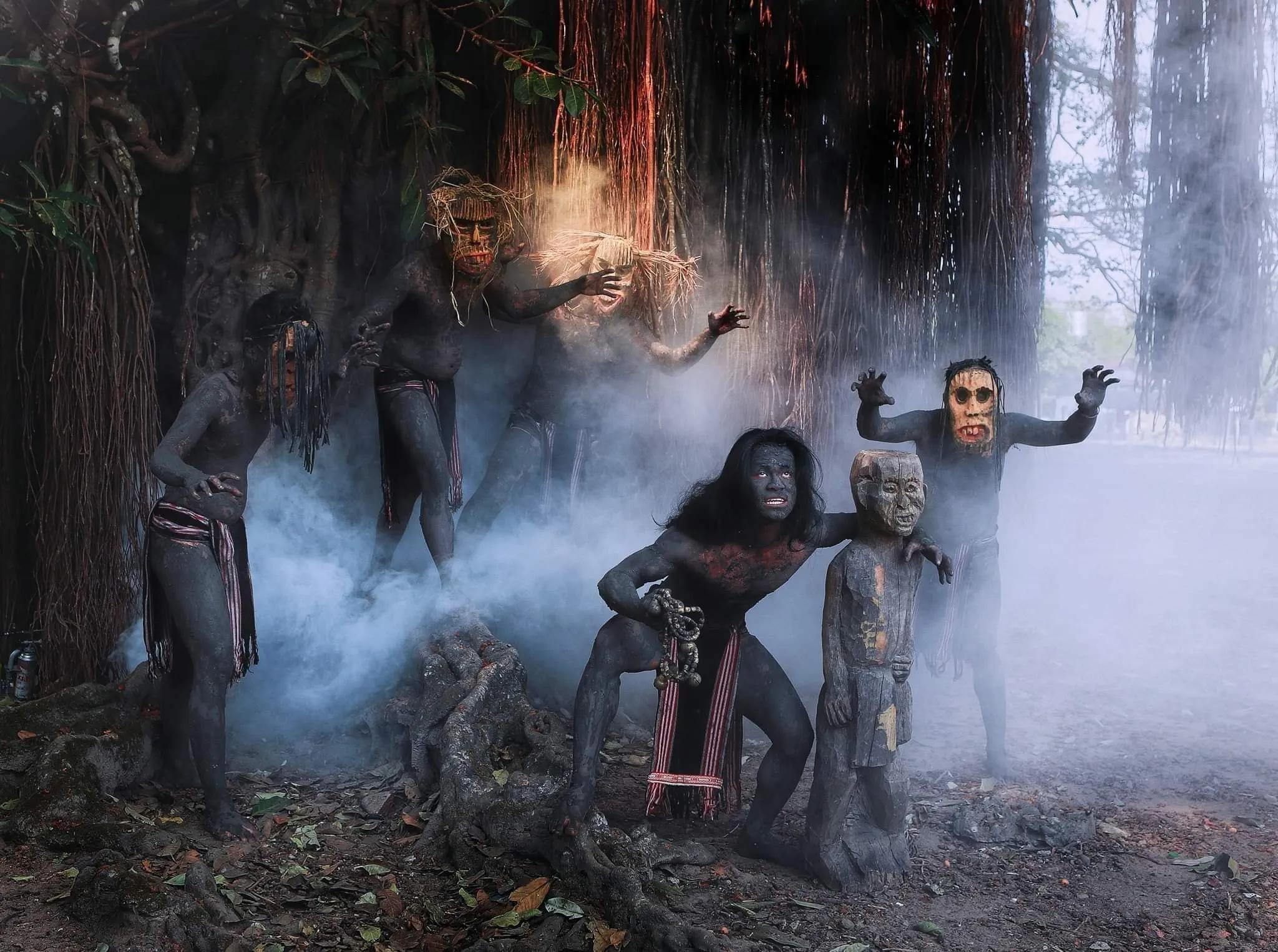Environmentally friendly travel
Indigenous Cultural Experiences
Indigenous cultural experiences in Vietnam provide travelers with a unique opportunity to connect with the country's diverse ethnic communities and explore their rich traditions and customs. With over 50 ethnic groups, Vietnam is a tapestry of cultural diversity, each group offering its own distinct heritage and way of life.
In the northern highlands, the Sapa region is home to several ethnic communities, including the Hmong, Dao, and Tay people. Visitors can engage in homestays, participate in traditional crafts, and explore the vibrant markets where locals sell handmade textiles and goods. Trekking through the terraced rice fields offers breathtaking views and a glimpse into the daily lives of these communities.
The Central Highlands, known for its lush landscapes and coffee plantations, is inhabited by ethnic groups such as the Ede and Jarai. Travelers can experience traditional gong music, visit longhouses, and learn about the unique agricultural practices that sustain these communities.
In the Mekong Delta, the Cham and Khmer communities offer insights into their rich cultural heritage. Visitors can explore ancient temples, participate in traditional festivals, and enjoy the distinctive cuisine that reflects the delta's abundant resources.
Indigenous cultural experiences in Vietnam are not only about observing but also about participating and learning. Tourists are encouraged to engage in cultural exchanges, such as cooking classes, craft workshops, and traditional dance performances, fostering a deeper understanding and appreciation of Vietnam's ethnic diversity.
These experiences not only enrich the traveler's journey but also support the preservation of indigenous cultures and provide economic opportunities for local communities. By participating in these activities, visitors contribute to the sustainable development of Vietnam's cultural heritage


